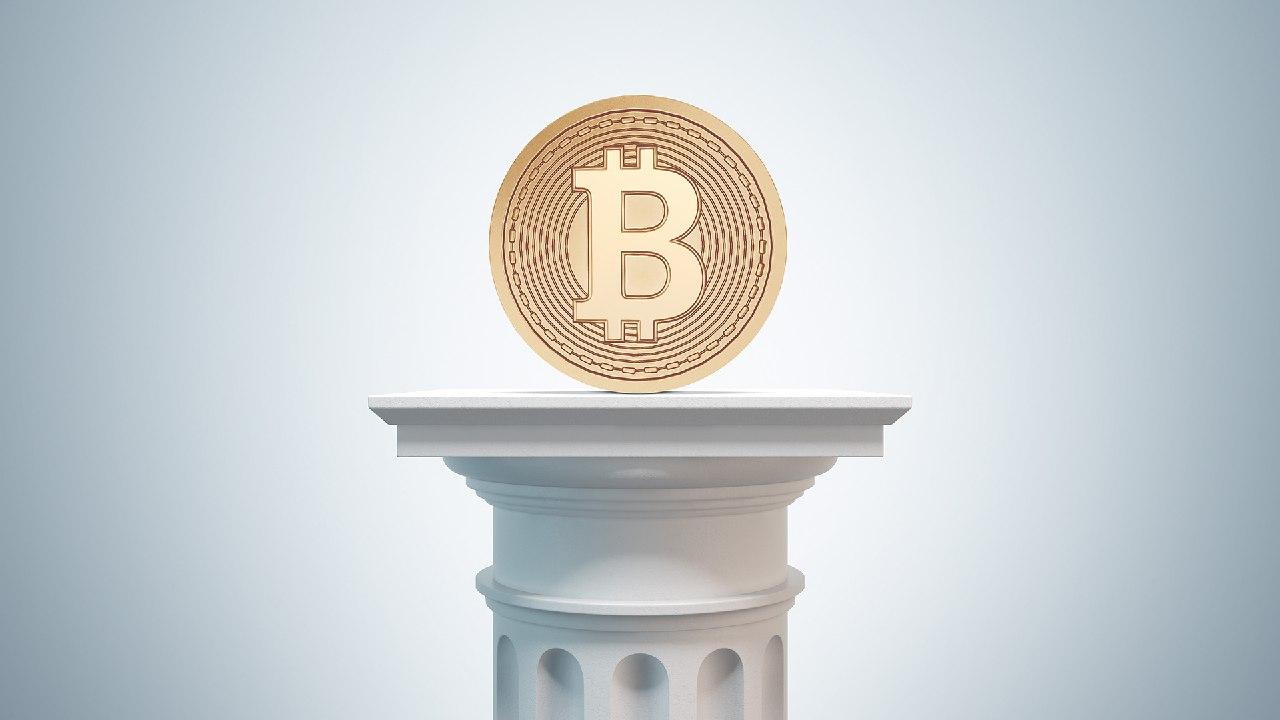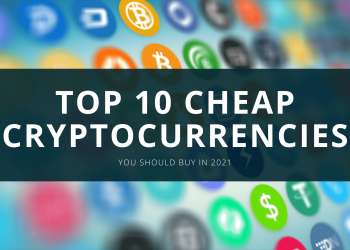Although data hacks appear to be a consistently growing threat to the virtual economy, nothing quite brings the conversation back to the table than the recent Facebook saga. If you somehow missed the recent events of October 2018, Facebook founder and CEO Mark Zuckerberg confirmed that the platform had been compromised by hackers, subsequently resulting in the exposure of more than 30 million user accounts. At the higher-end, many believe that this figure could in fact be as much as 90 million.
This breach gave the digital culprits access to millions of names, telephone numbers, date of births and more – information that when put in the wrong hands, can result in wide-spread identity theft.
Taking a step back, major social media platforms such as Facebook, Twitter and YouTube will argue that users agree to the re-distribution of certain data forms when they register an account. After all, there are no charges or fees to engage with these online services. However, in a recent study by Deloitte, it was found that 91% of U.S. consumers do not read the terms and conditions when signing up to online accounts.
Nevertheless, regardless of how aware Facebook users are about the final destination of their personal information, advertising plays a major role in the organizations’ revenue model. In fact, according to official Facebook investor quarterly results, in the first three months of 2018 alone the social media platform raked in more than $11.7 billion in revenue derived from third party advertisers.
This should be a stark and immediate reminder as to how valuable your data really is. However, if our data is that lucrative, why do we not have more control over it? Moreover, if Facebook rely so heavily on the users that engage with their platform, then why are they not taking every step possible to ensure it remains safe and secure?
Securing your greatest asset: user data
In order to understand just how vulnerable your real-world data is when using social media platforms like Facebook, it is highly relevant to understand how the hackers were able to exploit the underlying security. In a nutshell, the flaw dates as far back as July 2017, when Facebook developers made changes to the code of a featured birthday video. This then allowed innovative hackers to exploit the “View As” code, subsequently giving them access to millions of Facebook accounts without needed any login credentials.
Whilst recent legislative enactments – such as the European Union’s General Data Protection Regulation (GDPR), will pile more pressure on digital platforms to respect their users’ privacy, this will only go so far, especially regarding security.
If there was ever a need for global organizations to implement blockchain technology within their internal systems as an immutable safeguard against data breaches, the time is now. In the case of the “View As” flaw, all it took was for the hackers to manipulate the centralized servers of Facebook. On the contrary, the utilization of consensus across distributed ledger technology would have ensured that any attempt to breach the underlying security of the platform would have failed at its first attempt. Moreover, with the blockchain ledger virtually immutable to malpractice from outside actors, user data would remain as secure as one could be.
Although it appears that Facebook are in the early stages of exploring what blockchain technology can do for them, it is potentially a case of too little, too late.
Is there really a need for advertisers to bypass the user?
On top of the aforementioned concerns regarding the incompetence of the Facebook security team is the unethical distribution of user data to that of the highest bidder. This became evident during the 2016 U.S. election, whereby Cambridge Analytica indirectly paid for data belonging to millions of Facebook users, without receiving authorization.
One such organization that have recognised this need for immediate change is Zinc. The platform acts as a decentralized eco-system for both users and advertisers, subsequently alleviating the role of third-party actors. Through the use of blockchain technology, users have the capacity to share their data in return for viewing relevant ads and can earn rewards in the form of tokenization. Moreover, as a result of being in full control of their own data, if Zinc users do decide to voluntarily share it, they can choose what specific data they want to share.
In conclusion, Not only will Zinc users have the option on whether or not to share their data, but if they do, the immutable, transparent and accountable characteristics of the blockchain protocol will ensure that it remains secure.
[bctt tweet=”Facebook Data Hack: Will Blockchain Be of Help?” username=”ItsBlockchain”]

Hitesh Malviya is the Founder of ItsBlockchain. He is one of the most early adopters of blockchain & cryptocurrency enthusiast in India. After being into space for a few years, he started IBC in 2016 to help other early adopters learn about the technology.
Before IBC, Hitesh has founded 4 companies in the cyber security & IT space.
Subscribe to get notified on latest posts.






























